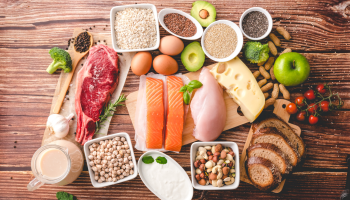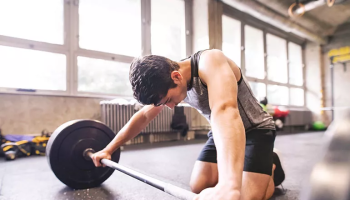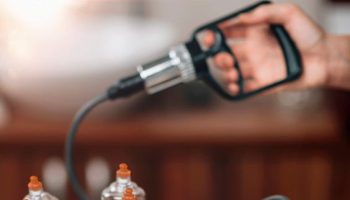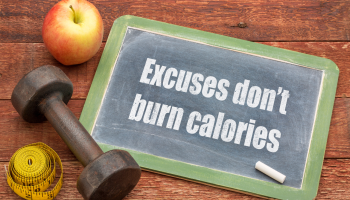When you’re trying to lose weight, what you eat is just as important as how much you exercise. You might be hitting the gym regularly or following a workout routine, but if you’re not careful about your diet, you could be slowing down your progress without even realizing it.

Eating the wrong foods before, during, or after your workouts can not only make your exercise sessions feel harder but also reduce their effectiveness. To make the most of your weight loss journey, it’s really important to pay attention to what you’re putting into your body.
With this article, we’re going to dive into the foods you should steer clear of during your workout. By avoiding these, you’ll keep your energy levels up and stay on track with your fitness goals. Let’s make sure you’re fueling your body right so you can see the best results from all your hard work!
Understanding the Impact of Food on Workouts
The Role of Nutrition in Exercise
Nutrition and exercise are closely linked, and what you eat can significantly affect your performance and results. Proper nutrition fuels your body, helps in muscle recovery, and aids in fat loss. Conversely, eating the wrong foods can lead to lethargy, cramps, and suboptimal performance.
Timing and Food Choices
Timing your meals and choosing the right foods can make a significant difference in how you feel and perform during a workout. Eating too close to your workout or consuming foods that are hard to digest can cause discomfort and impact your energy levels.
Foods to Avoid Before Your Workout
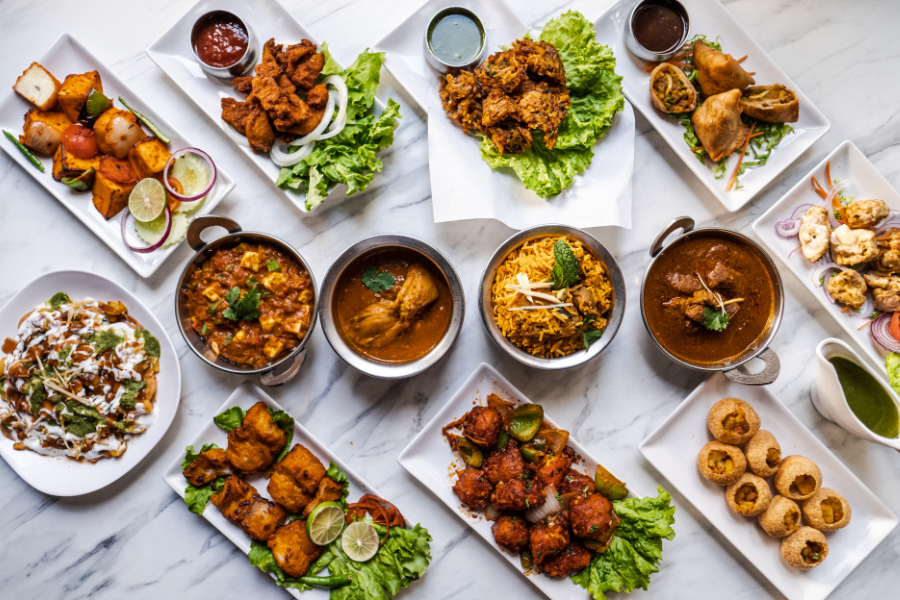
High-Fat Foods
High-fat foods like fried foods, heavy sauces, and greasy snacks should be avoided before a workout. Fat takes longer to digest, which can lead to stomach discomfort and sluggishness. Additionally, these foods can make you feel heavy and reduce your overall workout performance.
Sugary Snacks
Sugary snacks like candies, pastries, and sugary drinks provide a quick spike in blood sugar, followed by a rapid drop, leading to energy crashes. This can make you feel tired and less motivated during your workout, impacting your ability to perform at your best.
Dairy Products
While dairy products are nutritious, they can be problematic before a workout. They are high in fat and protein, which can slow down digestion and cause gastrointestinal distress. This can lead to bloating and discomfort, hindering your workout performance.
Carbonated Drinks
Carbonated drinks can cause bloating and gas, making it uncomfortable to exercise. The excess air in your stomach can lead to cramping and disrupt your workout routine. Stick to plain water or electrolyte-rich beverages to stay hydrated without the discomfort.
High-Fiber Foods
High-fiber foods like beans, lentils, and certain vegetables are excellent for overall health but can be problematic before a workout. They can cause bloating and gas, making it uncomfortable to move and exercise. Save these foods for post-workout meals when your body can digest them properly.
Foods to Avoid During Your Workout

Sugary Sports Drinks
While sports drinks are marketed as ideal for workouts, they often contain high levels of sugar. Unless you’re engaging in prolonged, intense exercise, the extra sugar can contribute to weight gain rather than aid in performance. Opt for water or low-sugar electrolyte drinks instead.
Energy Bars
Many energy bars are high in sugar and calories, which can counteract your weight loss efforts. They might provide a quick energy boost, but the excess calories can negate the benefits of your workout. Choose natural snacks like a small banana or a handful of nuts if you need a mid-workout boost.
Heavy Snacks
Heavy snacks like sandwiches, burgers, or anything high in fat and protein can weigh you down during a workout. These foods take longer to digest, which can divert blood flow from your muscles to your digestive system, reducing your exercise efficiency.
Processed Foods
Processed foods are typically high in unhealthy fats, sugars, and sodium. Consuming these foods during a workout can lead to sluggishness and water retention, negatively impacting your performance. Stick to whole, unprocessed foods for better results.
Foods to Avoid After Your Workout

Fast Food
Fast food is high in unhealthy fats, sugars, and sodium, which can negate the positive effects of your workout. Instead of replenishing your body with essential nutrients, fast food can contribute to weight gain and poor recovery. Opt for healthier, balanced meals post-workout.
Sugary Smoothies
While smoothies can be a healthy choice, those made with high-sugar ingredients can spike your insulin levels, leading to fat storage rather than fat burning. Make your smoothies with low-sugar fruits, vegetables, and protein sources to aid recovery and muscle growth.
Pastries and Sweets
Pastries and sweets are high in refined sugars and unhealthy fats, providing empty calories that can derail your weight loss goals. They offer little nutritional value and can lead to energy crashes, making it harder to stay active and motivated.
High-Sodium Foods
High-sodium foods like chips, pretzels, and processed meats can lead to water retention and bloating, making you feel heavier and less energetic. They can also contribute to dehydration, which is counterproductive to your workout recovery.
Healthy Alternatives for Your Workout Nutrition
Pre-Workout Snacks
For a boost of energy before your workout, choose easily digestible carbs and a small amount of protein. Some great options include a banana with almond butter, a small apple with a handful of nuts, or a piece of whole-grain toast with avocado.
Mid-Workout Hydration
Staying hydrated during your workout is crucial. Water is the best choice for most workouts, but if you’re engaging in prolonged, intense exercise, a low-sugar electrolyte drink can help replenish lost minerals without adding unnecessary calories.
Post-Workout Meals
After your workout, focus on replenishing your body with high-quality protein and complex carbohydrates to aid in recovery and muscle growth. Consider a grilled chicken salad with quinoa, a smoothie made with spinach, berries, and protein powder, or a bowl of Greek yogurt with honey and fresh fruit.
Tips for Maintaining a Balanced Diet
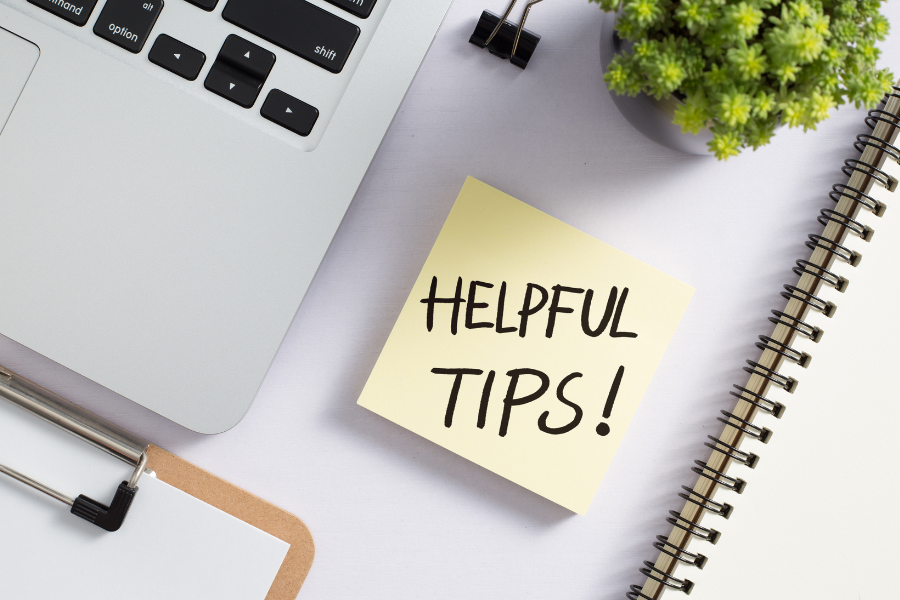
Plan Your Meals
Planning your meals in advance can help you make healthier choices and avoid last-minute temptations. Prepare balanced meals that include lean proteins, whole grains, and plenty of fruits and vegetables.
Read Nutrition Labels
Be mindful of what you’re consuming by reading nutrition labels. Avoid foods with high levels of added sugars, unhealthy fats, and sodium. Look for whole, unprocessed ingredients to fuel your body properly.
Listen to Your Body
Everyone’s body is different, and what works for one person might not work for another. Pay attention to how your body responds to different foods and adjust your diet accordingly. If certain foods make you feel sluggish or uncomfortable, it’s best to avoid them.
Stay Hydrated
Hydration is key to maintaining energy levels and overall health. Drink plenty of water throughout the day, especially before, during, and after your workouts. Avoid sugary drinks and excessive caffeine, as they can lead to dehydration.
Final Thoughts
Reaching your weight loss goals is all about combining regular exercise with smart eating habits. It’s not just about how much you work out, but also about what you’re eating before, during, and after those workouts. Some foods can really drag you down and stop you from performing your best or seeing the progress you want. On the flip side, fueling your body with the right nutrients can make a huge difference. Stick to wholesome, nutritious foods and ensure you’re staying hydrated—your body will thank you. You can also check our content on
- Best Foods To Eat During Sickness To Maintain Weight
- Calories Food Chart to Understand Your Diet Better
- Reasons Why Losing Weight Without Eating Enough Food Is Risky
Consistency and balance are crucial for long-term success. It’s not about making drastic changes all at once, but rather adopting healthy habits that you can maintain over time. Pay attention to how different foods make you feel and adjust your diet accordingly. Listen to your body’s signals; if something doesn’t feel right, it’s okay to make a change.
Remember, the journey to a healthier, fitter you isn’t a sprint—it’s a marathon. There will be ups and downs, but the key is to stay committed and patient. Celebrate your small victories along the way and keep pushing forward. Enjoy the process of transforming your lifestyle and watch as those consistent, smart choices add up to big results. So, fuel upright, stay active, and embrace the journey to a better you!




